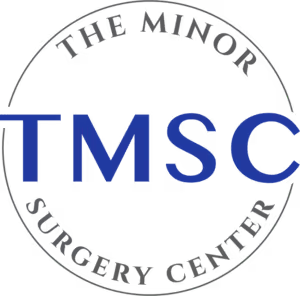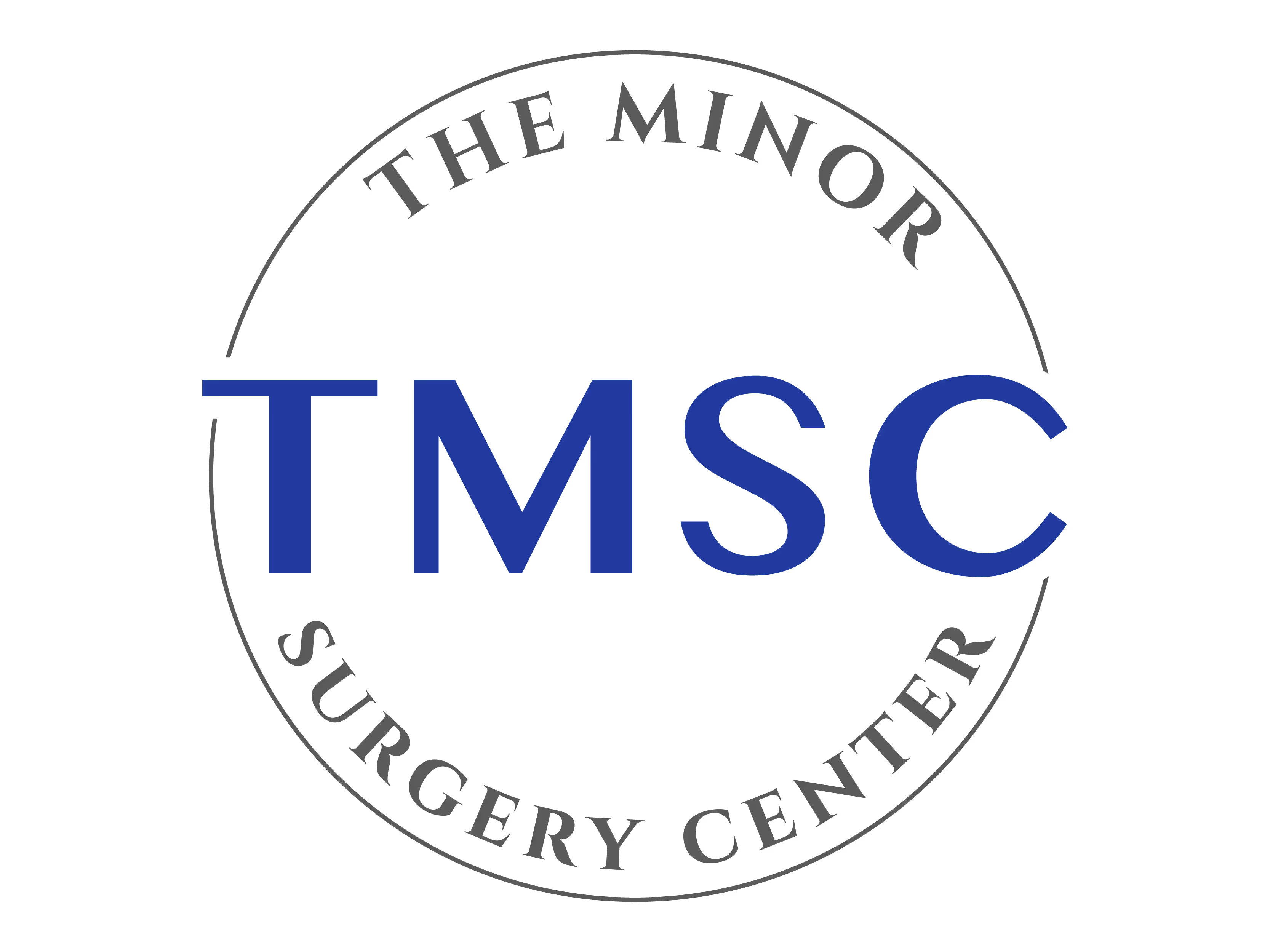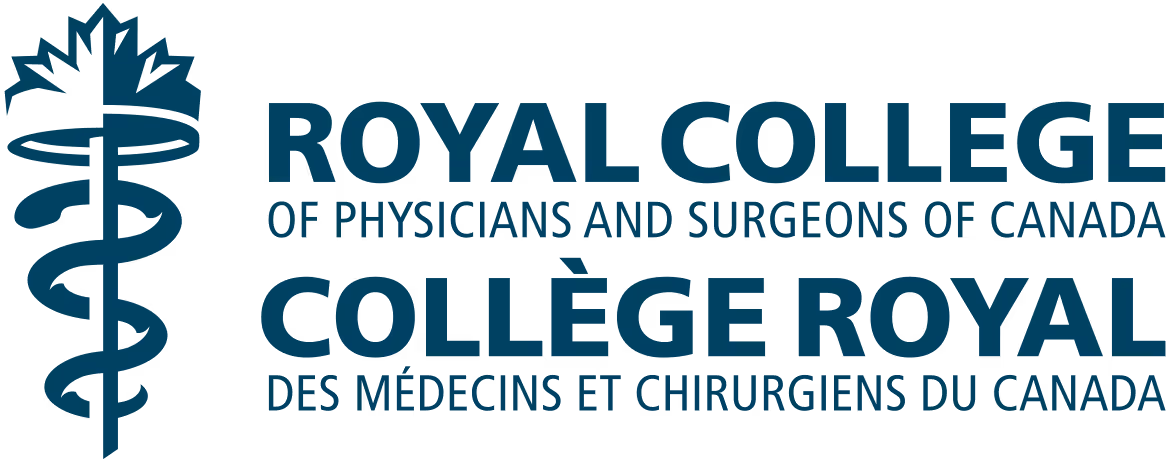What is Basal Cell Carcinoma?
Basal cell carcinoma (BCC) is the most common form of skin cancer, accounting for approximately 80% of all skin cancer cases. It is primarily attributed to prolonged exposure to ultraviolet (UV) rays from the sun, which cause DNA damage in skin cells over time. While BCC rarely metastasizes or becomes life-threatening, it can cause significant local damage and disfigurement if left untreated.
Recognizing Basal Cell Carcinoma
BCC typically appears as a pearly or waxy bump on sun-exposed areas of the body, such as the face, neck, or arms. Other forms may present as flat, flesh-colored or brown scar-like lesions. Early detection is crucial because the sooner basal cell carcinoma is caught, the less likely it is to cause extensive tissue damage, leading to fewer complications and less disfigurement.
Importance of Early Detection and Treatment
Early treatment of basal cell carcinoma minimizes the extent of surgery needed and reduces the risk of significant scarring or disfigurement. Since BCC can grow and invade surrounding tissues if ignored, prompt attention to any suspicious skin changes is important. Regular skin checks by a dermatologist or a specialized surgeon can lead to early diagnosis, improving treatment outcomes.
Basal Cell Carcinoma Treatment at TMSC in Toronto, Mississauga, Vaughan & Oakville
At The Minor Surgery Center (TMSC) we specialize in the treatment of basal cell carcinoma with a focus on precision and patient care. Our approach involves:
- Careful Excision: Our board-certified surgeons perform meticulous removal of the lesion, ensuring that appropriate margins of healthy tissue are included to reduce the risk of recurrence.
- Pathology Analysis: After excision, the removed tissue is sent for detailed pathology analysis. This step confirms that all cancerous cells have been removed and helps guide any additional treatment if necessary.
By using precise surgical techniques and state-of-the-art facilities, TMSC aims to remove basal cell carcinomas effectively while preserving as much healthy tissue as possible, thereby optimizing aesthetic outcomes.
Why Choose TMSC for Basal Cell Carcinoma Treatment?
- Expertise: Our surgeons are experienced in handling skin cancers, including basal cell carcinoma, with a track record of successful surgeries.
- Patient-Centered Care: We prioritize your comfort, safety, and cosmetic outcomes, ensuring that the treatment process is as smooth and reassuring as possible.
- Comprehensive Follow-Up: Post-surgery, we provide guidance on wound care and monitor healing to ensure the best possible recovery.





